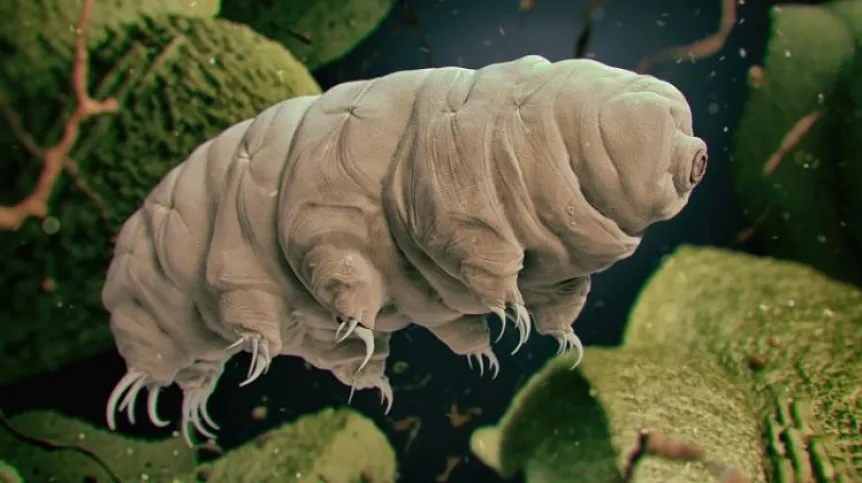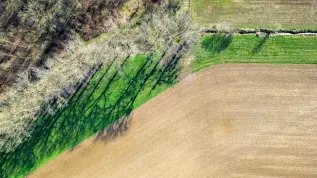
A scientist from Kraków who discovered two new species of tardigrade has named one of them after popular TV chef Robert Makłowicz.
Tardigrades are common, small invertebrate animals that inhabit a variety of harsh habitats, including space. Ironically, although the tardigrade, can survive without food for decades, Makłowicz, a beloved Dionysian figure, is known for his love of food.
The discovery belongs to Dr. Daniel Stec from the Institute of Systematics and Evolution of Animals at the Polish Academy of Sciences in Krakow. The researcher discovered the new species in samples that came from South Africa.
The other species of organism discovered by Stec has been named Mesobiotus diegoi - a nod to a colleague, Diego Fontaneto, with whom Stec carries out his research.
Mesobiotus maklowiczi is named so not only because the Polish scientist is a fan of the food critic. Stec added that Makłowicz "does his shopping at an outdoor market located near the institute."
Stec's paper was published in the scientific journal Zoological Studies (doi:10.6620/ZS.2022.61-85) in mid-December 2022.
Stec's new invertebrates were described using integrative taxonomy, which focuses on combining different methods of analysis, including genetic and morphological studies that were collected using a variety of techniques.
He was the first to describe the position of new species in the genus Mesobiotus on the taxonomic tree.
Tardigrades, also known as water bears or moss piglets, are small aquatic animals that are found all over the world.
Thanks to the ability to suspend their metabolism (called cryptobiosis), they are one of the most resilient animals we know.
They can survive in a vacuum, at a temperature close to absolute zero, in conditions of high ionising radiation, and even for decades without water (more about these animals - HERE, HERE and HERE).
The tiny animals may also hold the key to understanding how life can thrive in even the most inhospitable places in the universe.
They have been sent to the Moon and tested for being able to survive quantum entanglement.
PAP - Science in Poland, Anna Ślązak
zan/ ekr/ kap/
tr. RL













